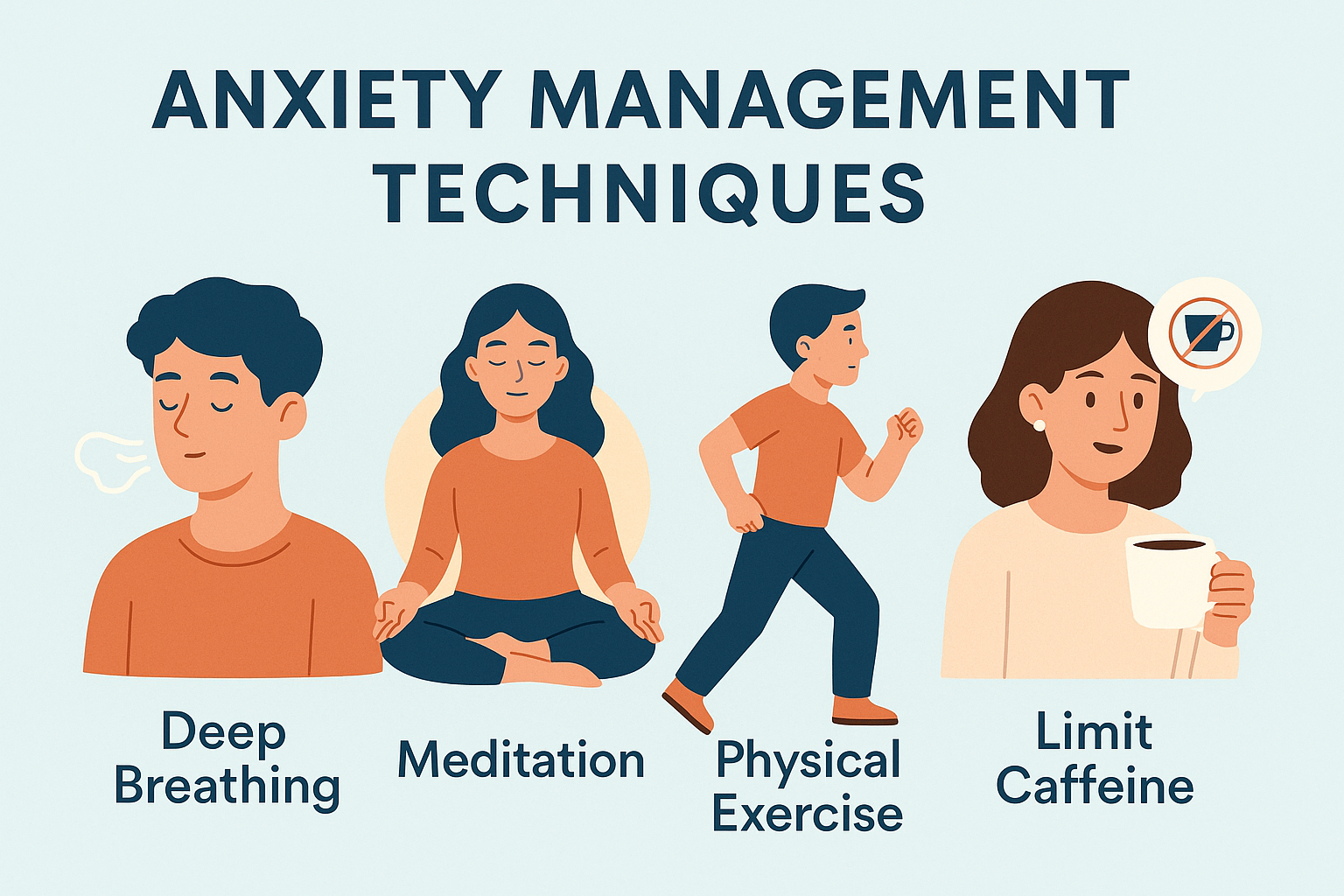
Understanding the Importance of Developmental Screening in Autism Spectrum Assessment
Whether you're a parent of a child who may be on the autism spectrum or an adult suspecting you might be autistic yourself, grasping the importance of developmental screening is crucial.
This process is vital for detecting signs of autism early on, allowing for timely interventions that can greatly impact development and quality of life.
In this blog post, we'll explain how developmental screening fits into the overall autism assessment, giving you the tools and knowledge to seek the best support for yourself or your child.
What is Autism Spectrum Assessment?
This detailed assessment helps to identify whether your child shows characteristics typical of autism spectrum disorder (ASD).
It includes various evaluations, such as interviews, observations, and tests conducted by specialists. These help to understand your child’s developmental history, behavior, social interactions, and communication skills.
What are Developmental Milestones in Autism Spectrum Evaluation?
In autism spectrum evaluation, developmental milestones refer to key skills or behaviors that most children are expected to exhibit by certain ages, such as walking, talking, and interactive play.
These milestones help professionals determine how a child develops compared to typical age-related expectations.
Monitoring these can be crucial for early identification of autism, as delays or atypical patterns in reaching these milestones prompt further assessment for ASD and early intervention strategies.
What is the Importance of Early Identification in Autism Assessment?
Early identification in autism assessment is vital as it allows for the start of targeted interventions at a young age.
A 2015 study indicates that early diagnosis and intervention can significantly enhance the developmental progress of children with ASD while also supporting parental well-being by addressing their concerns.
Early detection of autism makes a significant difference because it taps into a child's early developmental stages when they are most adaptable to learning new skills.
This early intervention can improve critical areas such as communication, social skills, and behavior, setting the foundation for better long-term educational and social outcomes.
What are Some Early Intervention Strategies for Children with Autism Spectrum Disorder?
Early intervention strategies for children with ASD are crucial for promoting better long-term outcomes.
Let’s look at some effective interventions:
1. Speech Therapy. This targets the development of language and communication skills, helping children express themselves more effectively and understand others better.
2. Social Skills Classes. These classes are designed to teach children the nuances of social interaction, from recognizing social cues to engaging in conversations and playing cooperatively with peers.
3. Parent-Led Therapy. This involves training parents in techniques that can be applied at home to support their child's development across various settings.
4. Play Therapy. This type of therapy uses play as a medium to teach children essential social and communication skills in a natural, engaging manner.
Structured play helps simulate real-life scenarios and provides a safe space for children to learn and practice new skills.
Developmental Screening Autism Assessment Available in Dallas, TX
At Beckloff Behavioral Health Center, we use the social skills assessment as a screening tool for autism.
It specifically measures empathy, social perception, and the cognitive skills related to impulsiveness and handling social situations.
In addition to our assessments, we offer group therapy sessions for children with autism, fostering a nurturing environment for social development.
For children needing tailored support, our one-on-one child counseling services, which include play therapy, are an ideal complement to group sessions.
Contact us to discover more about how we can assist in your child's growth.



